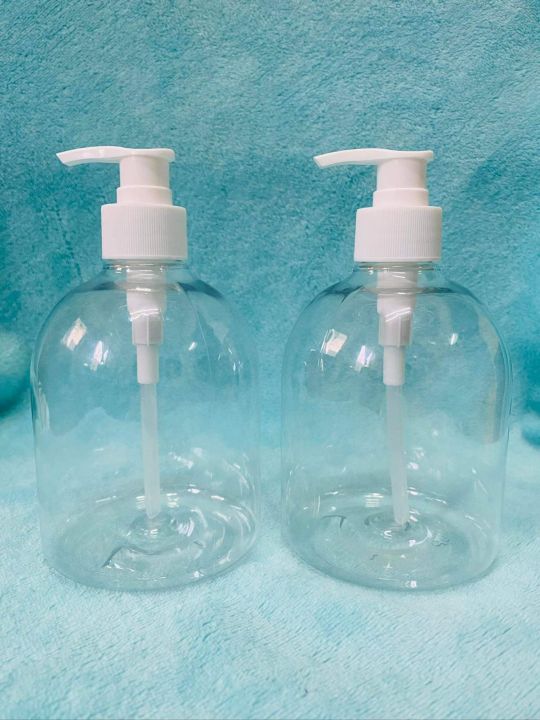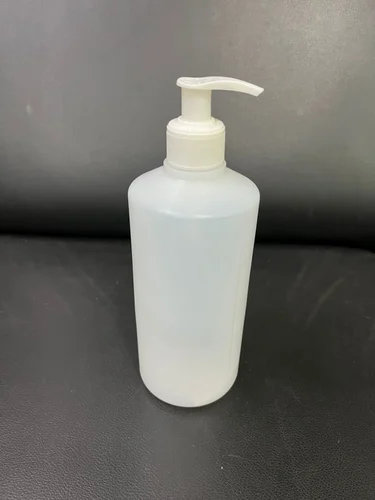When it comes to industrial and medical applications, packaging must balance durability, safety, and capacity. Large size plastic alcohol bottles are designed to store and transport high volumes of ethanol or isopropyl alcohol used for disinfection, cleaning, and sterilization.
These bottles provide excellent chemical resistance, long-term storage stability, and convenient handling — making them ideal for professional environments such as hospitals, laboratories, and factories.
Why Choose Large Capacity Bottles
High-volume alcohol containers are crucial for environments that require frequent sanitization or chemical use.
By reducing the number of refills, large plastic bottles increase efficiency and minimize contamination risks.
They are also more cost-effective for bulk storage, ensuring consistent supply for organizations that use alcohol-based products daily — from hospitals to manufacturing plants.
Material and Structure
These bottles are commonly made from HDPE (High-Density Polyethylene) or PET (Polyethylene Terephthalate) — materials that provide superior chemical resistance, impact strength, and long service life.
HDPE: Withstands strong alcohol concentrations and is ideal for industrial use.
PET: Offers better transparency for volume checking and visual inspection.
Both materials are BPA-free, FDA-approved, and manufactured under ISO-certified conditions, ensuring full compliance with international safety standards.
Key Features and Benefits
- High Capacity: Available in 500ml, 1L, 2L, 5L, and up to 20L sizes for large-scale usage.
- Chemical Durability: Resistant to ethanol, isopropyl alcohol, and cleaning solvents.
- Leak-Proof and Secure: Fitted with screw caps or tamper-evident closures to prevent spillage or evaporation.
- Thick-Walled Construction: Designed for heavy-duty performance in industrial environments.
- Reusable and Recyclable: Built for multiple uses while being 100% recyclable.
- Customizable Design: Various shapes, handle options, and labeling choices to meet branding and ergonomic needs.
 \
\
Refer to : PET body wash packaging
Applications
Large plastic alcohol bottles are widely used in:
- Hospitals and Clinics: For bulk storage of disinfectant alcohol.
- Pharmaceutical Production: For storing alcohol used in compounding and sterilization.
- Laboratories: For chemical storage and reagent preparation.
- Industrial Cleaning: For large quantities of alcohol-based cleaning solutions.
- Public Facilities: For sanitation refilling stations and janitorial use.
Their capacity and durability make them the preferred packaging for environments where hygiene and efficiency matter most.
Design and Closure Options
To meet different usage scenarios, manufacturers provide a range of closure types:
- Screw Caps: For tight sealing and refilling.
- Pump Dispensers: For controlled dispensing in hospitals or factories.
- Tamper-Evident Caps: Ensure product authenticity and safety.
- Handle Bottles or Jerry Cans: Easy to lift and pour for industrial operations.
- Each design focuses on practicality, safety, and long-term usability.

Learn more: wholesale toiletry bottles
Manufacturing Standards
A trusted manufacturer of large size plastic alcohol bottles follows strict global production standards:
- ISO 9001 / ISO 15378 certification for quality management
- GMP-compliant facilities for medical-grade packaging
- FDA & EU regulation compliance for safety and hygiene
- Leak-proof and drop testing for all batches
- Automated blow molding technology ensuring precise wall thickness and durability
These measures ensure consistent quality across every bottle, ready for export worldwide. Large size plastic alcohol bottles provide dependable, safe, and economical packaging for bulk disinfectant and industrial alcohol use. Their sturdy build, leak-proof closures, and chemical-resistant materials ensure consistent performance in demanding environments.
With certified production and sustainable options, these bottles represent the perfect balance of capacity, durability, and eco-efficiency — the ideal choice for professional sanitization and large-scale hygiene management.
